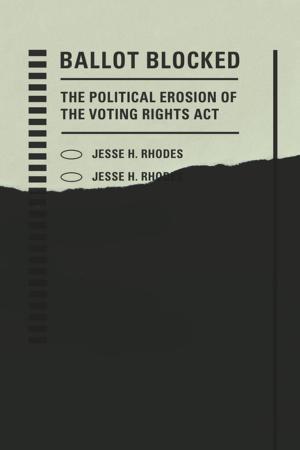Contention in Context
Political Opportunities and the Emergence of Protest
Nonfiction, Social & Cultural Studies, Social Science, Sociology| Author: | ISBN: | 9780804778930 | |
| Publisher: | Stanford University Press | Publication: | November 16, 2011 |
| Imprint: | Stanford University Press | Language: | English |
| Author: | |
| ISBN: | 9780804778930 |
| Publisher: | Stanford University Press |
| Publication: | November 16, 2011 |
| Imprint: | Stanford University Press |
| Language: | English |
Despite extensive theoretical debates over the utility of "political opportunities" as an explanation for the rise and success of social movements, there have been surprisingly few serious empirical tests. Contention in Context provides the most extensive effort to date to test the model, analyzing a range of important cases of revolutions and protest movements to identify the role of political opportunities in the rise of political contention. With evidence from more than fifty cases, this book explores the role of the state in protest, the frequent overemphasis on political opportunities in recent research, and the extent to which opportunity models ignore the cultural and emotional triggers for collective action. By examining new directions in the study of protest and contention, this book shows that although political opportunities can help explain the emergence of certain kinds of movements, a new strategic language can ultimately tell us far more.
Despite extensive theoretical debates over the utility of "political opportunities" as an explanation for the rise and success of social movements, there have been surprisingly few serious empirical tests. Contention in Context provides the most extensive effort to date to test the model, analyzing a range of important cases of revolutions and protest movements to identify the role of political opportunities in the rise of political contention. With evidence from more than fifty cases, this book explores the role of the state in protest, the frequent overemphasis on political opportunities in recent research, and the extent to which opportunity models ignore the cultural and emotional triggers for collective action. By examining new directions in the study of protest and contention, this book shows that although political opportunities can help explain the emergence of certain kinds of movements, a new strategic language can ultimately tell us far more.















